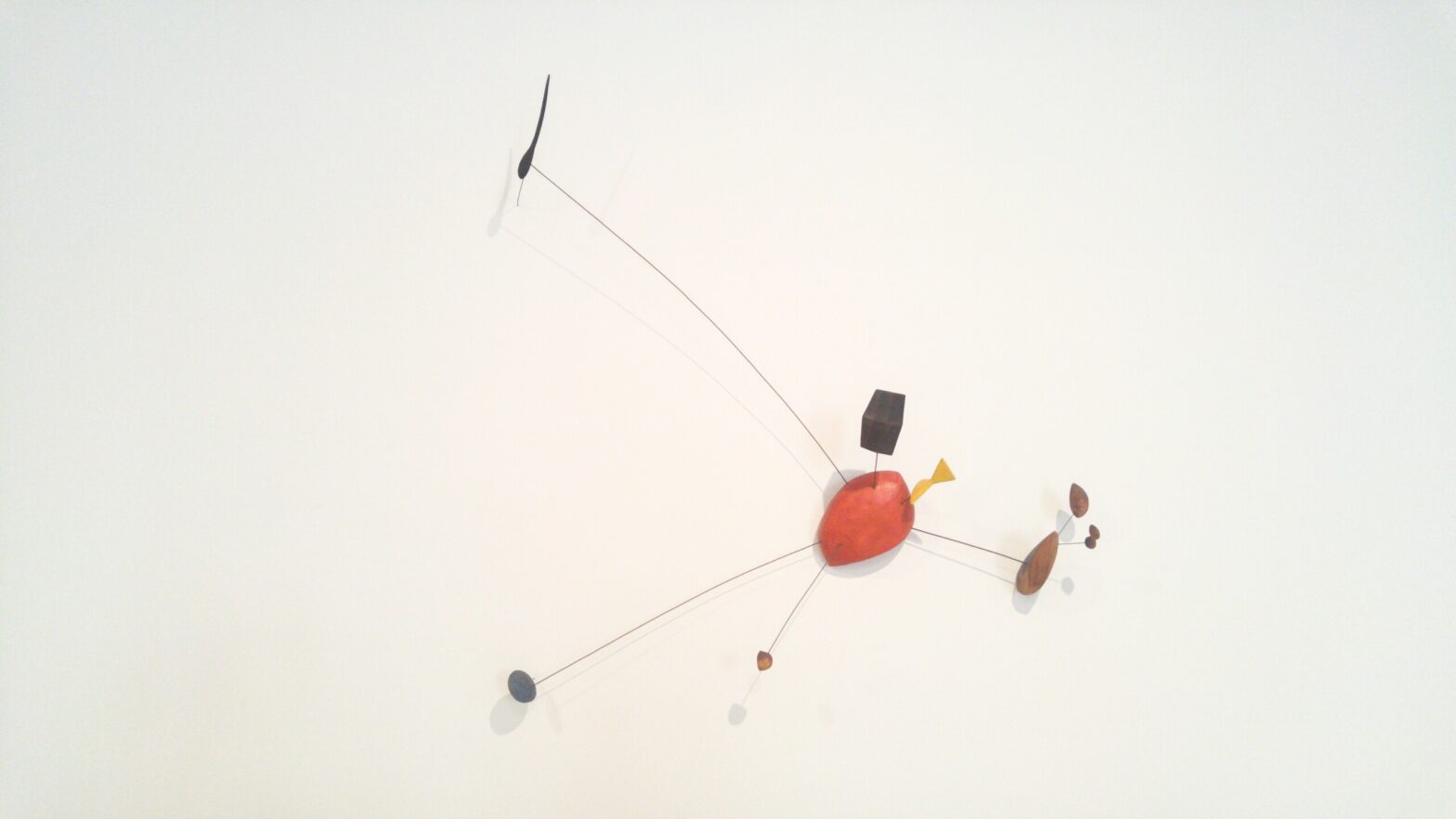I remember reading about the famous marshmallow study, the one where they see if kids can delay gratification or not. Reading about it really haunted me, because a psychologist came to my school in third grade and did a similar experiment on us students. We could have an unspecified “big prize” later, or a small prize immediately. I walked away with silly putty.
As you probably know, the people who delay gratification are more successful, happier, etc. When I found this out, I became determined to be a gratification delayer.
I love thinking about these dichotomies– you’re either X or Y, and if you’re Y… maybe you’d better start becoming an X.
A related one that I think is really practical is the split between builders and allocators. I’m not sure those are the exact best words, but I’ve always been bad at coming up with catchy terms for these things.
Maybe the clearest example is in spending money. An allocator looks at what he has, looks at what he needs, and tries to reconcile the two. Monthly income is $5k, so he allocates the money to his expenses. If his income goes up, he’ll allocate that money, and if it goes down he’ll cut back on the expenses.
A builder, on the other hand, thinks of his money not as something to spend, but as a tool. The more money he has, the more powerful that tool is. So he invests his money in things that have a likelihood of appreciating, or at least things that will hold their value. He invests more in experiences and learning because he knows that those things are building him.
This isn’t just about spending money, though, it’s about a mode of decision-making. A builder cultivates his friend group and thinks about which friendships he wants to be stronger in ten years. And then he takes action to make that happen. An allocator spends his time with whoever will make him feel good (or at least not bored) in the moment.
A builder takes the time to put into place systems to work more efficiently, thus building his effectiveness. An allocator gets done what needs to get done. A builder is more likely to make the hard decisions to eat healthy, rather than do what it takes to satisfy hunger in the moment.
As you may have guessed, I am obsessed with building. I can’t know for sure that it’s the best mode for everyone, but I’m sure it is for me and I suspect it is for everyone. Almost everything I’m doing is building.
Part of building is trying to build a ratchet into your life. You put in work and/or money up front for something that will benefit you forever, and upon which you can build. For example, I bought a cheap place in Vegas and then spend a fair bit of money and effort making it into my ideal environment. Now for the rest of my life I have a near-zero cost living situation in which I’m highly productive.
I try to build really good friendships with great people, and then I also try to facilitate strong bonds between them if I can. A strong friend group is much more durable and resilient than a single strong friendship.
And I develop habits that I believe will move important factors upwards only. I try to make sure I’m always getting stronger and healthier by refining my diet and exercise practices.
The three currencies we have are time, money, and habits. If you want to be a builder, you have to think consciously whenever you spend one of these currencies. The key is to think about the duration and magnitude of the benefit, and compare it to the alternatives.
A key indicator is sacrifice. If you aren’t sacrificing anything, you aren’t a builder.
Some time decisions are obvious, like whether you should allocate time towards work or watching TV. Others are a little bit less clear, like whether you should sleep eight hours, or sleep six and work two extra. And some are almost always overlooked– like when I realized that I should exclusively spend time with people with whom I want to become better friends, not just people I have fun around.
Money decisions are sometimes the hardest ones, because society is so geared towards allocators. I actually rather enjoyed it, but having lived in an RV for eight years could be seen as a sacrifice. It was certainly strange to people. I was happy to spend money on an island that will foster bonds between friends and family for generations, but I sacrifice by taking the bus to the airport instead of Lyft.
Habits are the most overlooked, because while terrible habits are obvious, merely bad ones are often invisible. I don’t think most people know that their diets are making them gradually less fit and healthy. I don’t think that they know that their comfort zones are tightening around them like a noose.
Whether you’re spending time, money, or willpower on building a new habit, take an objective look at what the ripples of that expenditure will look like in a few years. Will it enable you to do more? Will it ratchet your life up? Will you still be benefiting from it at all?
None of us are going to make the right choices according to those criteria every time, but we can all do it most of the time. And even recognizing when you’re not doing it is valuable. I spent all Saturday last week watching UFC 200. No real benefit there, but I decided I was going to do it and was then very productive the next day to tip the scales back in the right direction.
Don’t just live your life, build it.
###
Photo is a sculpture from SF MoMA.

Leave a Reply